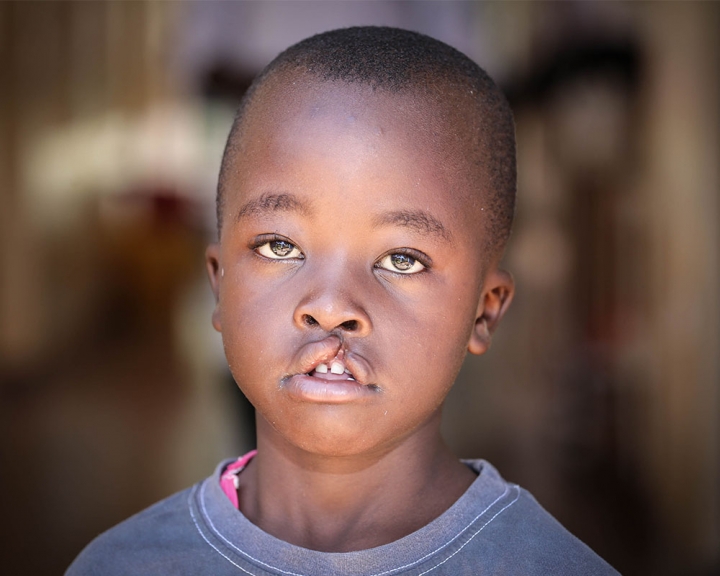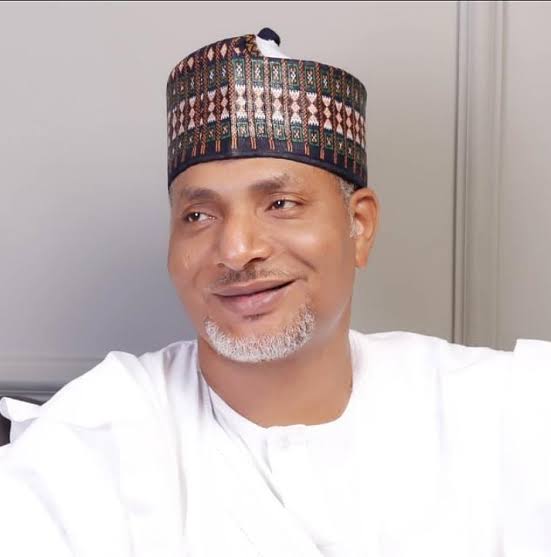‘Who’s Who in Diaspora: The Nigerian Story’
BY CHINEMELU NWOKIKE
The most important thing is to try and inspire people so that they can be great in whatever they want to do ~ Kobe Bryant.
Recently, I was opportune to speak to a group of Africans in the maiden Twitter spaces of the Federation of United Global Africans #FUGA. The movement is a wonderful initiative seeking to unite Africans across the globe to move the continent forward. I was thrilled to join in when my friend Emma Edwards sent me the link. Incidentally, the same Emma stirred my consciousness about diaspora initiatives over a decade back in London but that’s a story for another day.
I went straight to the point after acknowledging the philosophical points about love and unity raised by previous speakers. I have a ready-made template on the topic. So I cast a theme around my talk which is summarised by the title of this piece and detailed as you read on.
Advertisement
I always recommend an article and a book to any African who shares an interest in the development of our motherland; The controversial “You Lazy (Intellectual) African Scum” by Zambian-American writer Field Ruwe and “The Capitalist Nigger” by Nigerian-American author Chika Onyeani. But let me briefly talk about Onyeani’s thesis because it shaped my perception of the black man in many ways. You can read up Ruwe’s interesting article here.
Onyeani admits that Africans are as naturally endowed as others but was nevertheless unsparing in his boisterous indictment of the Negroid race. He posits that we are culpably non-productive dependent consumers despite our enormous natural resources. Onyeani proposed the ‘Spider Web Doctrine’ -an economic theory for the blacks to employ self-reliance and ruthlessness- as part of his solution.
I don’t agree with all the propositions in Onyeani’s book of course. For instance, I find his capitalist inclination somewhat truculent and the extreme stereotypes rather dated in our world today. Nevertheless, the spider web doctrine is pretty simple:
Advertisement
Africans as a people should learn to trap their wealth within their communities. If we do not patronise each other, then surely our wealth will leave our community to go and develop other communities. The corollary is collective poverty and this applies even to the whole continent of Africa.
You see, I have been around the western world and all the ingenuity I see is productivity. The economy over here and much of the developed world is anchored on production and consumption, simple!
On the other hand, Africa is a continent with plenty of activity and little productivity. Increased productivity will lead to reduced poverty and a better distribution of wealth especially if the spider web doctrine is applied.
It is important to state that productivity should embrace all aspects of human endeavour in science and technology, arts, sports, business, entertainment, politics; you name it. For in the diaspora, there is no single way of contributing but I believe there is a way we can have the greatest impact across the board.
Advertisement
How?
The answer is through E-learning. Africans abroad need to spend more resources in empowering Africans with skills and funds. Yes, funding is as necessary, because every little helps. A night out of €100 is a scratch for most of us but it can buy a used laptop or pay an app subscription. I have seen Nigerian Canva designers charging between $10–35/hr on upwork.com.
We need to invest more in passion projects and social businesses. And guess what? The internet offers limitless possibilities for doing these things even if you are thousands of miles away. It is even more so with the realities of the Covid-19 pandemic.
I will exemplify with my current endeavour. During the 2020 lockdown, I came up with a weekly essay competition to encourage budding writers. We now have a growing digital community of gifted quill wielders writing consistently. I have no doubt that in a year some of us would have published.
Advertisement
We can create similar digital groups, tribes, communities for knowledge and skill acquisition in tech, arts, fashion, catering, marketing, photography etc.
And there is no expertise required. Teachers and learners both learn along the line because learning is a lifelong process increasingly modelled around collaboration and peer review.
Advertisement
Now let me end in figures. The number of internet users in the continent has been growing by at least seven times the global average in the last decade and was about 40% in 2020. That’s a huge leap from 13% in 2011. I don’t need rocket science to project it will be close to the global average of 58% at the turn of the decade. That’s over 600 million Africans, 50 million more than entire North America, with 1 billion more potential users.
I leave it to your imagination what can be achieved with these figures…
Advertisement
Chinemelu Nwokike is a media consultant who writes on sociopolitical topics. He tweets @cmonionline
Advertisement
Views expressed by contributors are strictly personal and not of TheCable.






